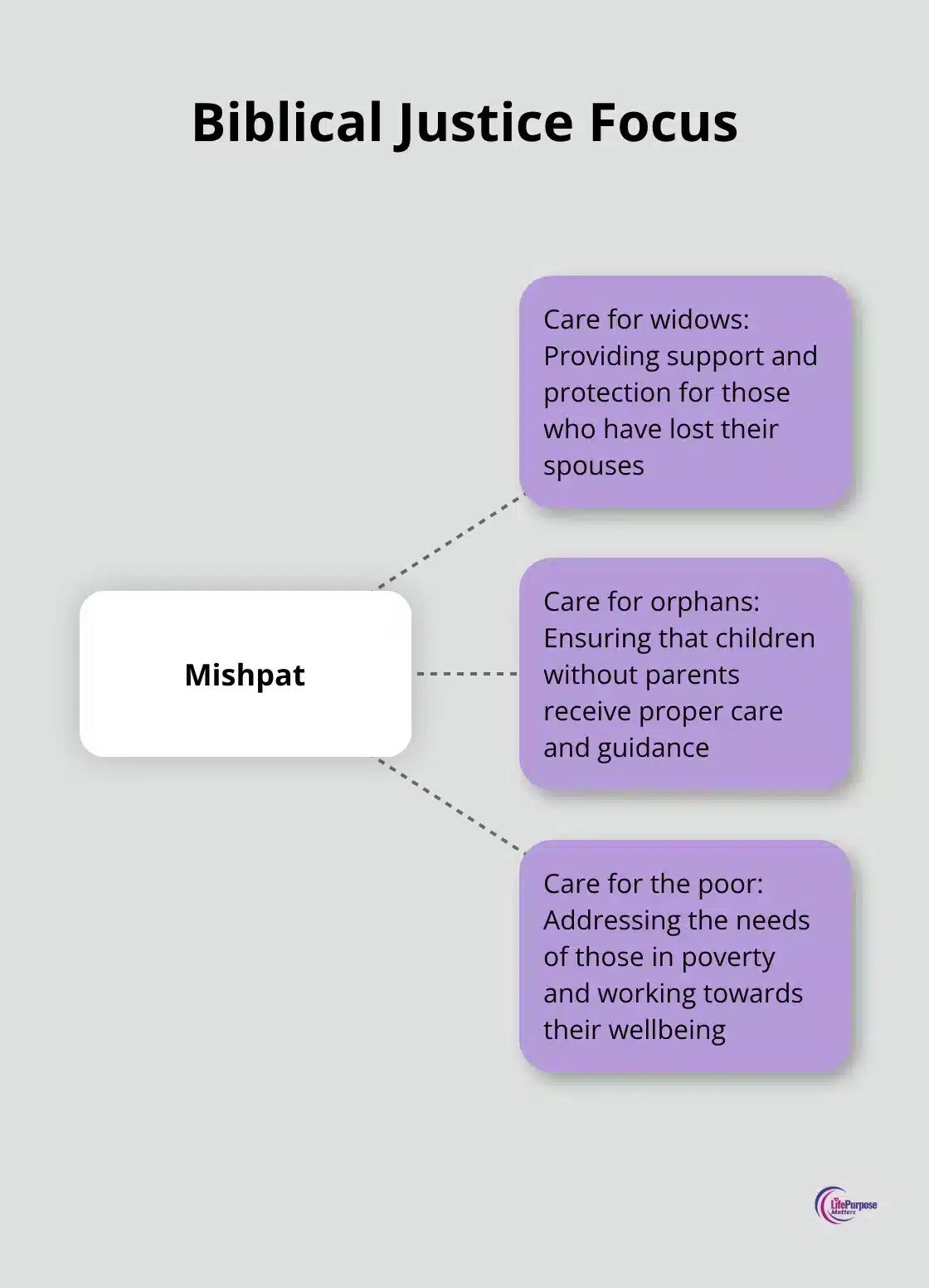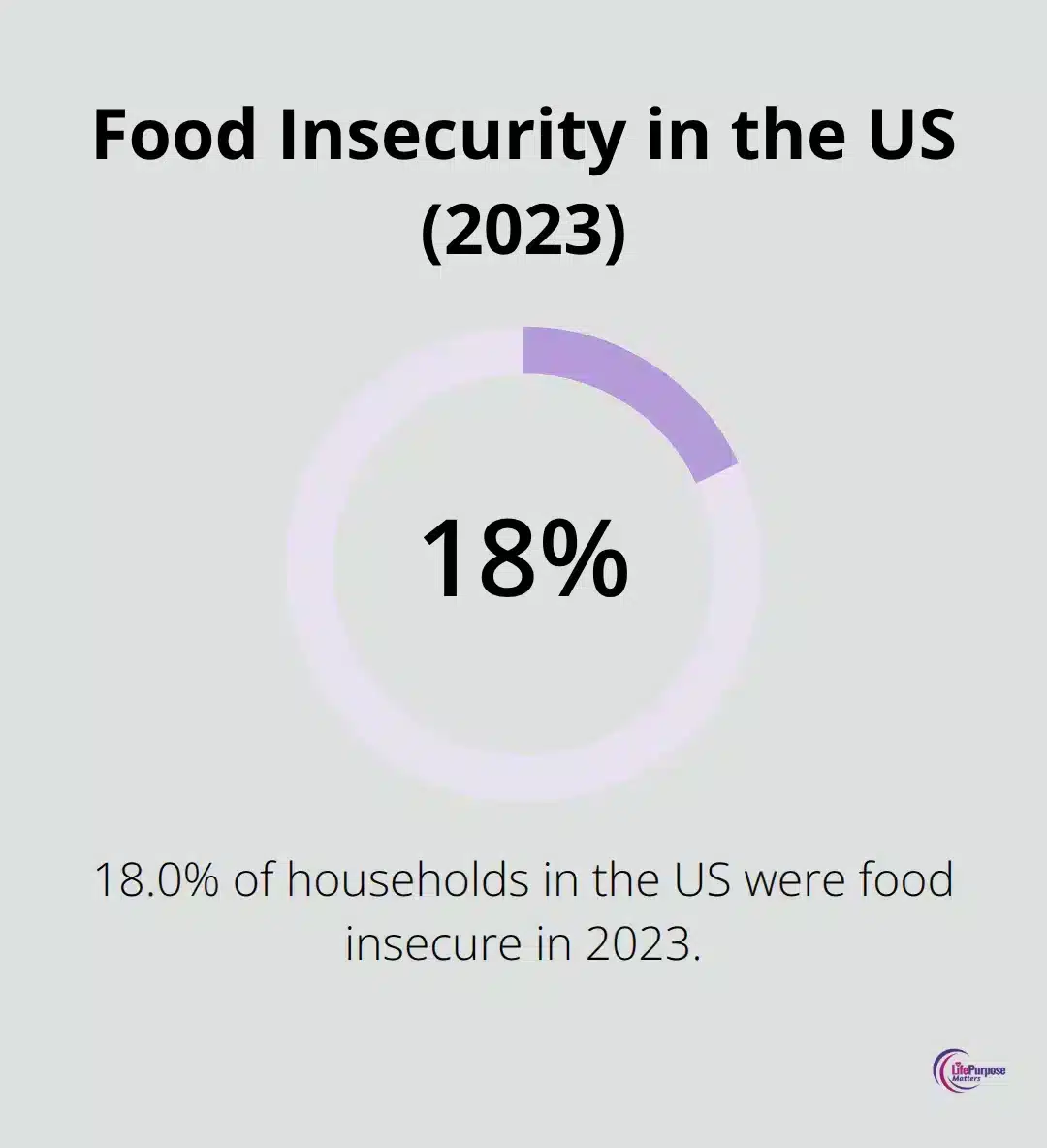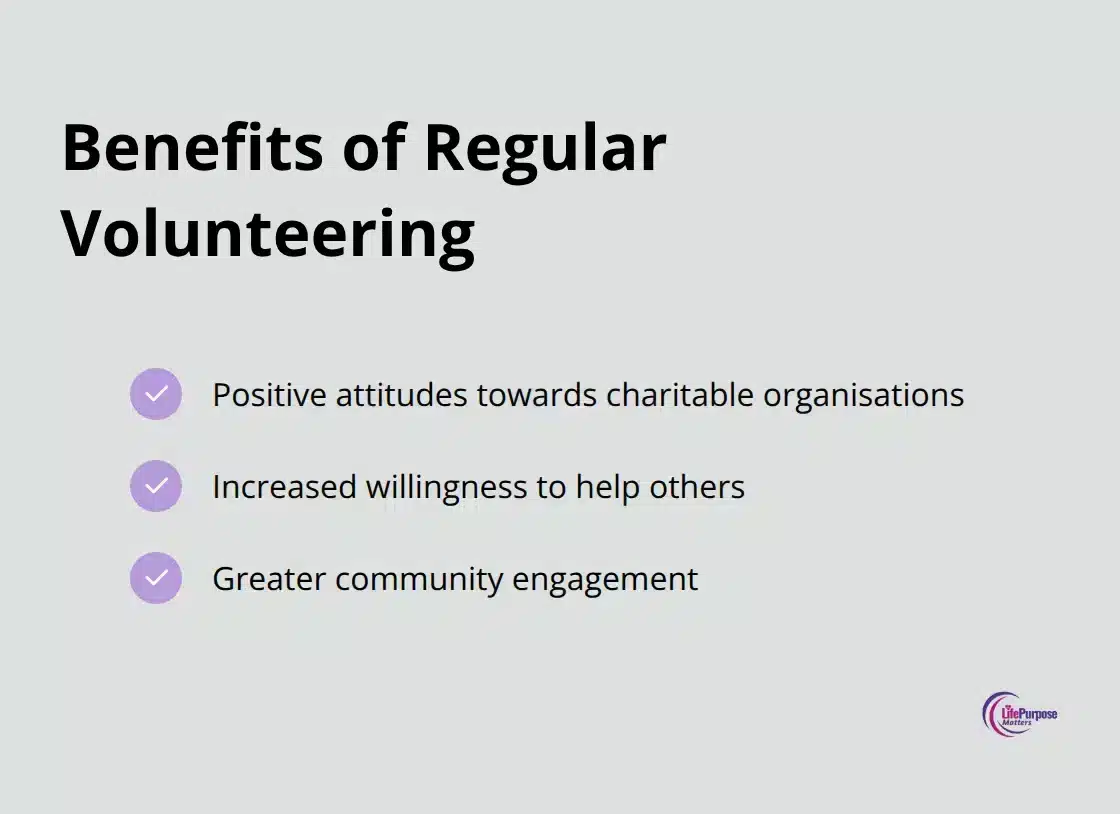Have you ever wondered how faith connects to the world’s biggest problems? Can following Jesus really make a difference in issues like poverty and discrimination? Here at Life Purpose Matters, we believe biblical justice isn’t just a nice idea-it’s at the heart of what it means to follow Christ. The Bible calls us to action, not just prayer.
Table of Contents
ToggleBiblical justice involves God’s inherent nature, requiring fair treatment, righteousness, and the protection of the vulnerable, and it demands that people act justly, showing kindness, correcting oppression, and upholding the rights ofpeople with low-income, widows, and orphans. This concept of restorative justice, which means actively helping the exploited and changing social structures, is a core theme from the Old Testament through the New Testament
What Does Scripture Say About Justice?
Scripture reveals God’s heart for justice through concrete commands that demand action. The Hebrew word mishpat appears throughout the Old Testament and emphasises care for widows, orphans, and people whose income is below the poverty threshold. Deuteronomy 27:19 condemns those who withhold justice from foreigners, while Proverbs 14:31 teaches that dishonour toward the poor insults God directly. Jesus reinforced this truth in Mark 12 and Luke 11, where He showed that neglect of the poor reveals serious spiritual problems, not minor oversights.
Jesus Commands Justice Through Action
Jesus never spoke about justice in abstract terms. Luke 4:18-19 records His mission statement: proclaim good news to people whose income is below the poverty threshold and liberty to the oppressed. The parable of the Sheep and the Goats in Matthew 25:31 demonstrates that care for the needy indicates genuine faith. Jesus consistently placed action above words when He addressed social needs.

Early Church Practised Radical Generosity
Acts 2:44-47 shows the early church sold possessions to meet everyone’s needs. Acts 6:1-7 records how the apostles appointed deacons specifically to serve widows who faced discrimination in food distribution. James 1:27 defines pure religion as visits to orphans and widows in distress. These weren’t suggestions but fundamental practices that defined Christian community life.
Old Testament Demands Systemic Change
Isaiah 58:6-12 describes the fast God accepts: free the oppressed, feed the hungry, and house people experiencing homelessnes. Amos 5:24 calls for justice to roll down like waters (which indicates continuous, systemic action rather than occasional charity). Micah 6:8 summarises God’s requirements: act justly, love mercy, walk humbly. These passages demand structural changes, not just individual kindness.
These biblical foundations set the stage for how Christians today must respond to the social issues that surround us in our modern world.
How Should Christians Tackle Today’s Injustices
Christians must respond to modern injustices with the same urgency that Jesus showed when He overturned tables in the temple. Today’s poverty statistics demand immediate action: the USDA reports that 18.0 million households were food insecure in 2023. The racial wealth gap persists with white families who hold ten times more wealth than Black families according to Federal Reserve data. These aren’t abstract problems but concrete failures that require specific Christian responses.

Poverty Demands More Than Charity
Food banks help but they don’t address why families need them in the first place. Christians should support campaigns for better wages and affordable housing initiatives that tackle root causes. World Vision found that child sponsorship reduces poverty rates in communities through education and economic development. Local churches can partner with credit unions to provide financial literacy programmes and microloans for small businesses. The Salvation Army’s job training programmes show high employment rates after completion, which proves that skills development works better than temporary assistance alone.
Racial Justice Requires Uncomfortable Conversations
Diverse church attendance isn’t enough when most congregations remain racially homogenous according to the National Congregations Study. Christians must advocate for criminal justice reform since African Americans receive sentences longer than whites for identical crimes per the US Sentencing Commission. Support for Black-owned businesses, participation in racial reconciliation groups, and confrontation of discriminatory practices in your workplace creates real change. The Southern Baptist Convention’s 2017 resolution against white supremacy came after decades of silence (which shows that denominations can evolve when members demand action).
Vulnerable Populations Need Systematic Protection
Immigration detention centres hold thousands of people daily including children who were separated from families according to government records. Christians should support comprehensive immigration reform and volunteer with organisations like World Relief that provide legal assistance. Human trafficking affects millions of people worldwide with victims often being very young. Churches can train staff to recognise trafficking signs and support survivors through housing and job placement programmes that address long-term recovery needs rather than short-term rescue efforts.
These responses to injustice require more than good intentions-they demand practical action that Christians can take in their own communities and beyond.
How Can Christians Make Real Change
Christians who want to create lasting change must move beyond good intentions and engage directly with their communities. Start by researching local organisations that address specific needs in your area through VolunteerMatch or United Way websites. Habitat for Humanity chapters need skilled volunteers for construction projects while local food pantries require regular sorting and distribution help. Contact three organisations this week and commit to monthly service rather than one-time events. Regular volunteers have significantly more positive attitudes toward charitable organisations and toward helping others.
Transform Prayer Into Political Action
Contact your representatives about specific legislation rather than general concerns. The Congressional Management Foundation found that personalised letters influence policy decisions more than form emails. Join advocacy groups like Sojourners or the Christian Community Development Association that provide action alerts on justice-related bills. Attend town halls and city council meetings where your voice carries more weight than in larger forums. Vote in local elections where turnout often drops below 20 per cent (according to the Municipal Elections Database), which makes individual votes more powerful. Support candidates who prioritise affordable housing, criminal justice reform, and anti-poverty programmes regardless of party affiliation.
Build Authentic Cross-Cultural Relationships
Attend worship services at churches where you represent the minority race or economic status. Join community groups that cross typical social boundaries like neighbourhood associations, parent-teacher organisations, or local sports leagues. Diverse friend groups have had significant impact on personal and professional relationships. Invite families from different backgrounds to share meals in your home rather than meet only in neutral public spaces. Listen more than you speak during conversations about discrimination or economic hardship (this approach builds trust faster than advice-giving). These relationships create mutual understanding that transforms how you approach justice issues and influence your church community.

Partner With Established Justice Organisations
Research organisations with proven track records rather than start new initiatives from scratch. World Relief provides immigration services while International Justice Mission fights human trafficking with measurable results. Local organisations often need board members, fundraisers, and skilled volunteers more than additional programmes. Donate monthly rather than give large one-time gifts since consistent funding allows organisations to plan long-term projects. Many effective nonprofits spend years building relationships and expertise that individual churches cannot replicate quickly. Consider how Christian acts of service can amplify your impact when combined with established organisations that share your values and spiritual transformation goals.
Final Thoughts
Christians who embrace biblical justice reflect God’s character in ways that transform communities. Your actions matter because they demonstrate Christ’s love to a watching world. Every conversation about racial reconciliation, every pound you donate to fight poverty, and every vote you cast for vulnerable populations shows that faith produces real change.
Social action connects directly to spiritual growth rather than exists separate from it. The early church understood this connection when they sold possessions to meet community needs (Acts 2:44-47). Modern Christians must follow their example and address systemic injustices rather than offer only temporary relief.
Faith requires courage to step outside comfortable church walls and face difficult social realities. Partner with established organisations, build authentic relationships across cultural divides, and advocate for policy changes that protect the marginalised. We at Life Purpose Matters believe that your God-given purpose includes the fight for justice in your community.

